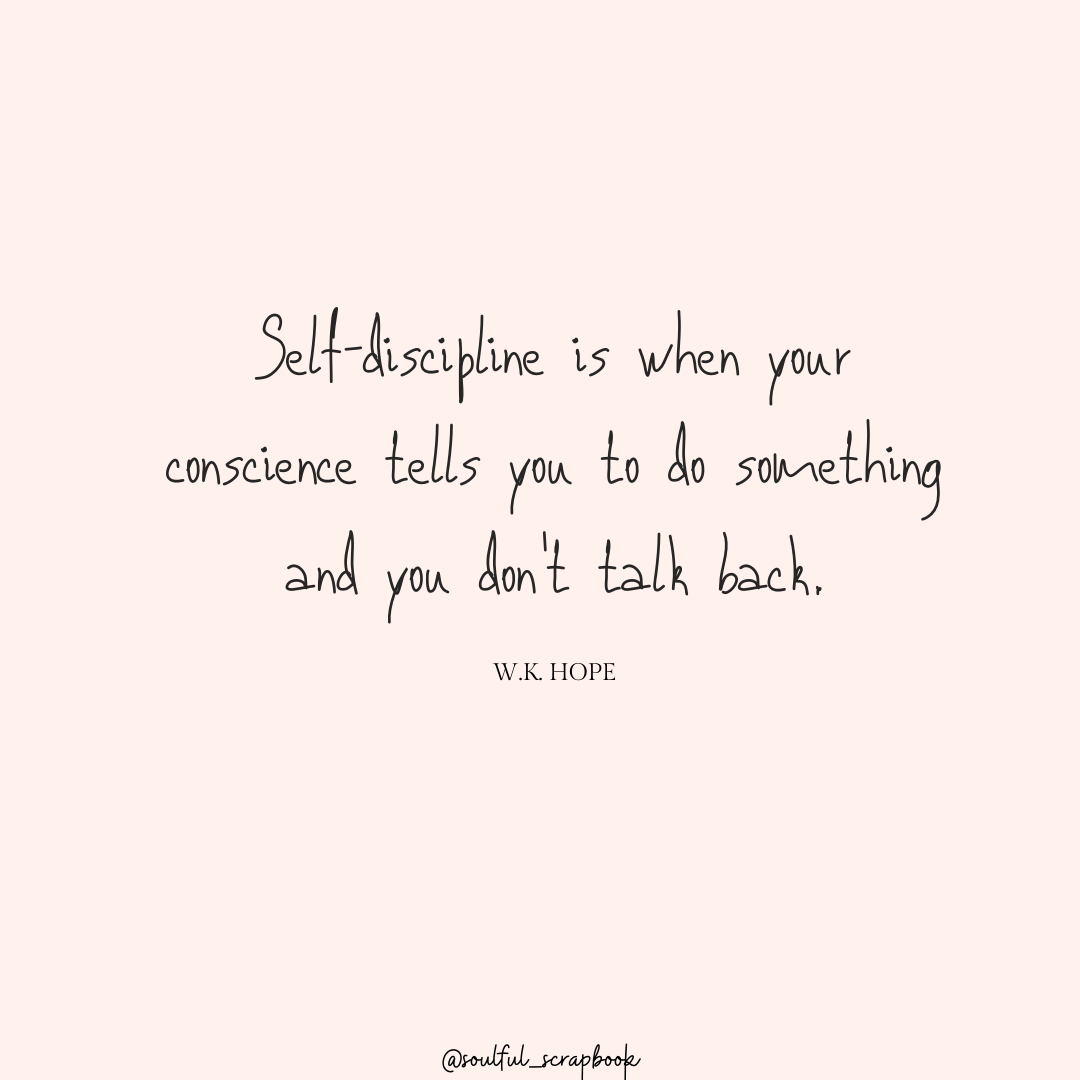Whether you are learning a new language, trying to master an instrument, hoping to advance your career or even starting a new business: there are certain hallmarks of success. Getting good at anything in life requires consistent effort and mastering something demands even more. Self-discipline and a good dose of grit must be called upon along the way.
Yet these qualities are not something you simply have or don’t have. They can be practised and strengthened so that when you need them most they are already cultivated habits which you can readily rely upon. This article will talk you through practical ways to help you do that.

Why Motivation And Willpower Alone Aren’t Enough To Make Dreams Come True.
Do you feel like you have 1001 great ideas but you always seem to lack the follow-through to make them happen? Maybe you know that there are certain life or creative skills that you really want to learn, but when it comes down to it you never actually find the time.
High performance can only be measured in execution — it doesn’t matter how many incredible plans you have unless you do them. “Let it be easy” is one of the most misleading phrases in the self-development world as it is too often misinterpreted that life should not require effort. A desire to totally avoid experiences which don’t feel pleasant will lead to a very limited existence. At some stage, you will be called upon to move through boredom, frustration and failure if you want to improve or grow.
Whilst motivation that is born from enthusiasm and passion can give you a powerful boost, it is unreliable. There will always be times when you do not have a desire to take action. Similarly, willpower is spontaneous and, as research shows, fails us on many occasions exactly when we need it most. This is when you must to rely on self-discipline instead.

Unlike willpower, self-discipline structured, considered and consistent — it relies on a plan rather than a split-second decision.
The reality is that you will never master anything in life without self-discipline, but luckily it is a habit which you can cultivate. The following exercise is designed to help you to improve the skill of self-discipline so that you can train yourself to handle the temporary discomfort that it brings.
Exercise:
- Make a list of regular small life tasks that require some discipline for you to do or avoid. (e.g. social media scrolling during work, going for a morning run, snacking in between meals)
- For 1 week make the commitment to use self-discipline to do the things you prefer to avoid and avoid the things you are tempted to do.
Improving Mental Toughness: “Fall Down Seven Times, Stand Up Eight”.

Learning to be mentally tough is essential for success. Resilience is the ability to cope with life’s dramas, no matter how begrudgingly. But what if rather than just dealing with adversity, you were able to see it as a challenge that can be overcome. This is the mindset of mentally tough people. They are able to reframe difficulties as opportunities.
Super successful people are not luckier, smarter or more talented than you. Grit, tenacity, perseverance – these are the real qualities that set apart the best of the best from the rest.
When life hands these people lemons, they make lemonade. That don’t simply tolerate being handed lemons, they decide to create something out of that.
“I’ve missed more than 9,000 shots in my career. I’ve lost almost 300 games. Twenty-six times I’ve been trusted to take the game-winning shot and missed. I’ve failed over and over and over again in my life. And that is why I succeed.”
– Michael Jordon.
There are many stories out there of the countless defeats that successful people endured along the way. Their willingness to endure and carry on regardless is the reason we know their names. Practising reframing failure as feedback is a great way to improve your mental toughness. This exercise will help you to build confidence, feel more in control and improve the chance of success in the future.
Exercise:
- Think of 3 recent events where you felt like you failed in some way.
- Note down how you responded on each of these occasions.
- Now write down how you could have responded in a more positive and constructive way.
This article first appeared on my website Soulful Scrapbook, where you will find more free self-development resources.


